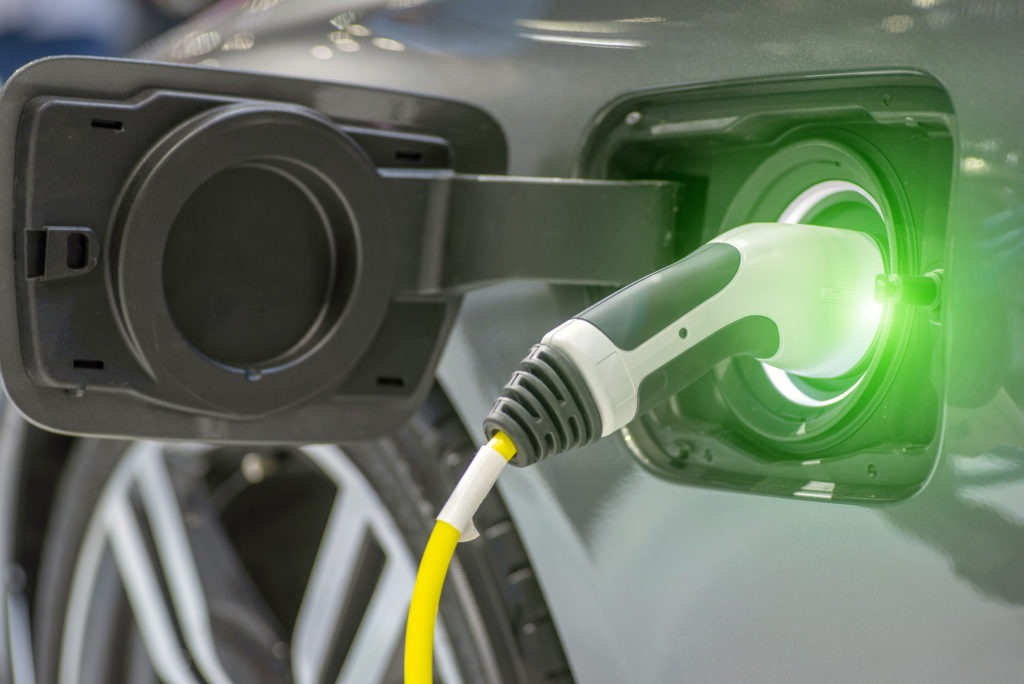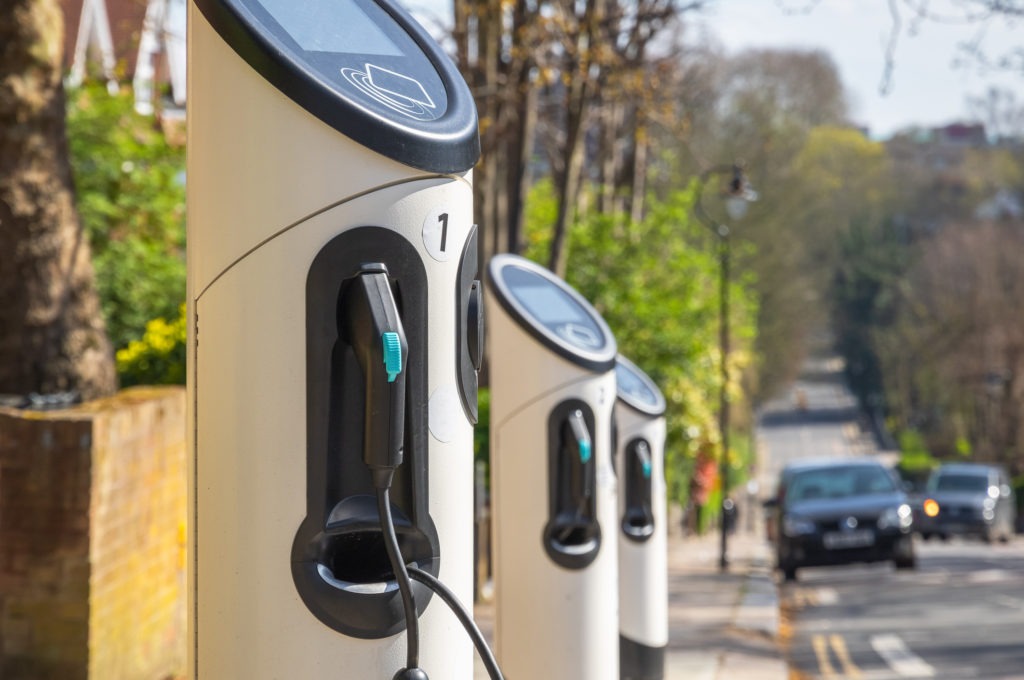An electric boost for the UK’s leasing industry
09 January 2022

Electrically-chargeable vehicles (EVs) are helping the UK’s leasing sector return to growth, according to the British Vehicle Rental and Leasing Association (BVRLA). The association points to the appeal of battery-electric vehicles (BEVs) and plug-in hybrids (PHEVs) as aiding recovery following the initial impact of COVID-19.
‘The positive performance is testament to the quality of the vehicles available, the confidence in the long-term health of the market, and the ongoing commitment of BVRLA members to decarbonise their fleets to ensure the UK can meet its Net Zero ambitions,’ said BVRLA chief executive, Gerry Keaney.
The BVRLA’s over 970 members own and operate more than four million vehicles in the UK through rental, leasing and mobility services. This makes the sector of enormous importance to the country’s shift to electromobility. At the end of September last year, the association’s members accounted for some 63% of all BEVs registered in 2021.
21% of new-car orders
Over the course of the last 12 months, BEVs accounted for 21% of new cars ordered from BVRLA members. The take-up of all-electric models is expected to grow a further 53% within this fleet by Q3 2022, from 137,000 to 210,000. The BVRLA was keen to point out this growth would fly in the face of the challenges faced by the sector in recent years.
The pandemic prevented travel due to lockdowns and health restrictions. It also changed how companies and consumers thought about vehicle ownership. The BVRLA explains demand is driven by the company-car market, where 31% of business contract hire and 68% of salary sacrifice orders are for EVs. The production of new models was also snared by COVID-19 as well as the ongoing semiconductor shortage.
Shorter lead times than petrol and diesel
‘Our industry can be immensely proud of the progress it has made over the last 12 months. Our sector continues to lead the charge towards zero-emission vehicles, even in the face of a global supply shortage,’ Keaney said. ‘While the shortage remains an issue, in some cases we have seen BEVs being easier to source or having shorter lead times than their petrol and diesel equivalents.’
‘We have seen the lease fleet size return to growth for the first time in three years, demonstrating the sector’s resilience. While this is predominantly due to the popularity of vans, it is notable that car registrations have seen positive performance, marking a significant turnaround as the recovery from 2020 takes hold,’ Keaney concluded.
Success for electromobility
The BVRLA’s optimistic outlook reflects a larger electric upside reported by the UK’s Society of Motor Manufacturers and Traders (SMMT). While the market suffered a 28.7% fall in registrations in 2021 compared with 2019, the automotive body reported that it was the most successful year in history for electromobility. In fact, more BEVs were registered last year than in the previous five years combined.
This is hardly surprising given the regulatory push for more environmentally-friendly modes of transportation. By 2030, the sale of new cars and vans powered purely by petrol or diesel will come to an end. But while the government encourages the uptake of EVs, it has reduced its Plug-in Car Grant (PiCG). Now standing at only £1,500 (roughly €1,800), the incentive for the purchase of a new BEV was lowered twice last year, alongside the price ceiling that now sits at £32,500.
As electromobility has a far higher price entry point, this is likely to prevent some consumers from purchasing an even more expensive long-range BEV. However, as the tide turns on fuel type, it also looks to alter how people own cars. Last month, Trudy Harrison, the UK’s transport minister, suggested the country needs to move away from the idea of private ownership and towards shared- mobility options. This would open up electrified transport for more people, avoiding the big upfront costs. Additionally, it would only serve to boost demand for leasing, rental, and shared-mobility companies, meaning more good news for the BVRLA’s members.



